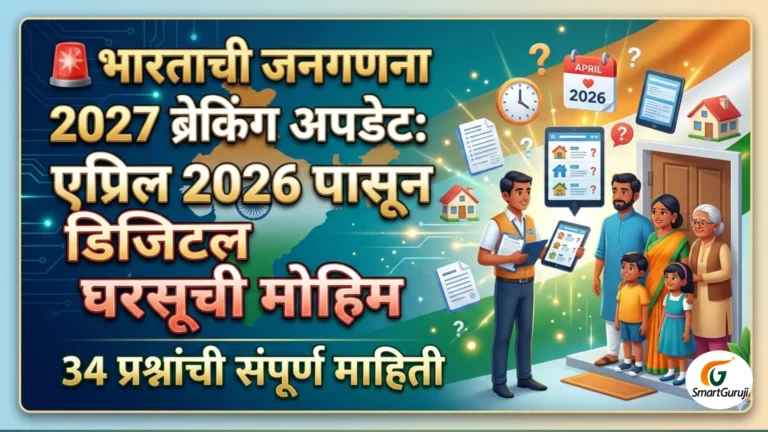100 Simple Synonym Words for Primary School Students: A Helpful Learning Guide
Learning synonyms is an essential part of building a strong vocabulary for primary school students. Synonyms are words with similar meanings, helping young learners to expand their word choices in writing and communication. Below is a list of 100 simple synonym words perfect for primary school students. This guide will not only improve their vocabulary but also make learning fun and engaging.
What are Synonyms?
Synonyms are words that have the same or nearly the same meaning. For example, the words “happy” and “joyful” mean similar things, so they are synonyms.
Why Should Primary Students Learn Synonyms?
Learning synonyms allows students to:
– Enhance Vocabulary: Use different words to express themselves better.
– Improve Writing Skills: Make sentences more interesting and diverse.
– Boost Communication: Speak more clearly and confidently.
100 Simple Synonyms for Primary Students
1. Big – Large
2. Small – Tiny
3. Happy – Joyful
4. Fast – Quick
5. Slow – Sluggish
6. Sad – Unhappy
7. Smart – Clever
8. Easy – Simple
9. Hard – Difficult
10. Strong – Powerful
11. Weak – Frail
12. Quiet – Silent
13. Loud – Noisy
14. Clean – Tidy
15. Dirty – Messy
16. Bright – Shiny
17. Dark – Dim
18. New – Fresh
19. Old – Ancient
20. Brave – Courageous
21. Kind – Nice
22. Lazy – Idle
23. Angry – Mad
24. Funny – Humorous
25. Nice – Pleasant
26. Rich – Wealthy
27. Poor – Needy
28. Calm – Peaceful
29. Cold – Chilly
30. Hot – Warm
31. Sweet – Sugary
32. Bitter – Sour
33. Simple – Easy
34. Complex – Complicated
35. Polite – Courteous
36. Rude – Impolite
37. Gentle – Tender
38. Hardworking – Diligent
39. Thin – Slim
40. Fat – Chubby
41. Hungry – Starving
42. Thirsty – Parched
43. Friendly – Kind
44. Shy – Timid
45. Neat – Orderly
46. Messy – Untidy
47. Clear – Transparent
48. Cloudy – Overcast
49. Early – Prompt
50. Late – Tardy
51. Strong – Sturdy
52. Weak – Fragile
53. Quiet – Peaceful
54. Noisy – Loud
55. True – Honest
56. False – Incorrect
57. Rough – Coarse
58. Smooth – Soft
59. Safe – Secure
60. Dangerous – Risky
61. Tired – Exhausted
62. Energetic – Active
63. Wide – Broad
64. Narrow – Slim
65. Deep – Profound
66. Shallow – Superficial
67. Busy – Occupied
68. Free – Available
69. Soft – Gentle
70. Hard – Firm
71. Bright – Brilliant
72. Dull – Boring
73. Cool – Chilly
74. Warm – Hot
75. Wet – Damp
76. Dry – Arid
77. Happy – Delighted
78. Sad – Gloomy
79. Curious – Inquisitive
80. Afraid – Scared
81. Excited – Thrilled
82. Surprised – Amazed
83. Honest – Truthful
84. Dishonest – Untruthful
85. Loyal – Faithful
86. Disloyal – Unfaithful
87. Clean – Spotless
88. Dirty – Filthy
89. Busy – Hectic
90. Quiet – Serene
91. Quick – Speedy
92. Slow – Leisurely
93. Tall – High
94. Short – Low
95. Tough – Strong
96. Soft – Delicate
97. Easy – Effortless
98. Difficult – Hard
99. Beautiful – Pretty
100. Ugly – Unattractive
Conclusion -:
These simple synonym words will help primary school students improve their vocabulary in a fun and engaging way. By practicing these synonyms, children can better express themselves and enjoy the learning process even more.



